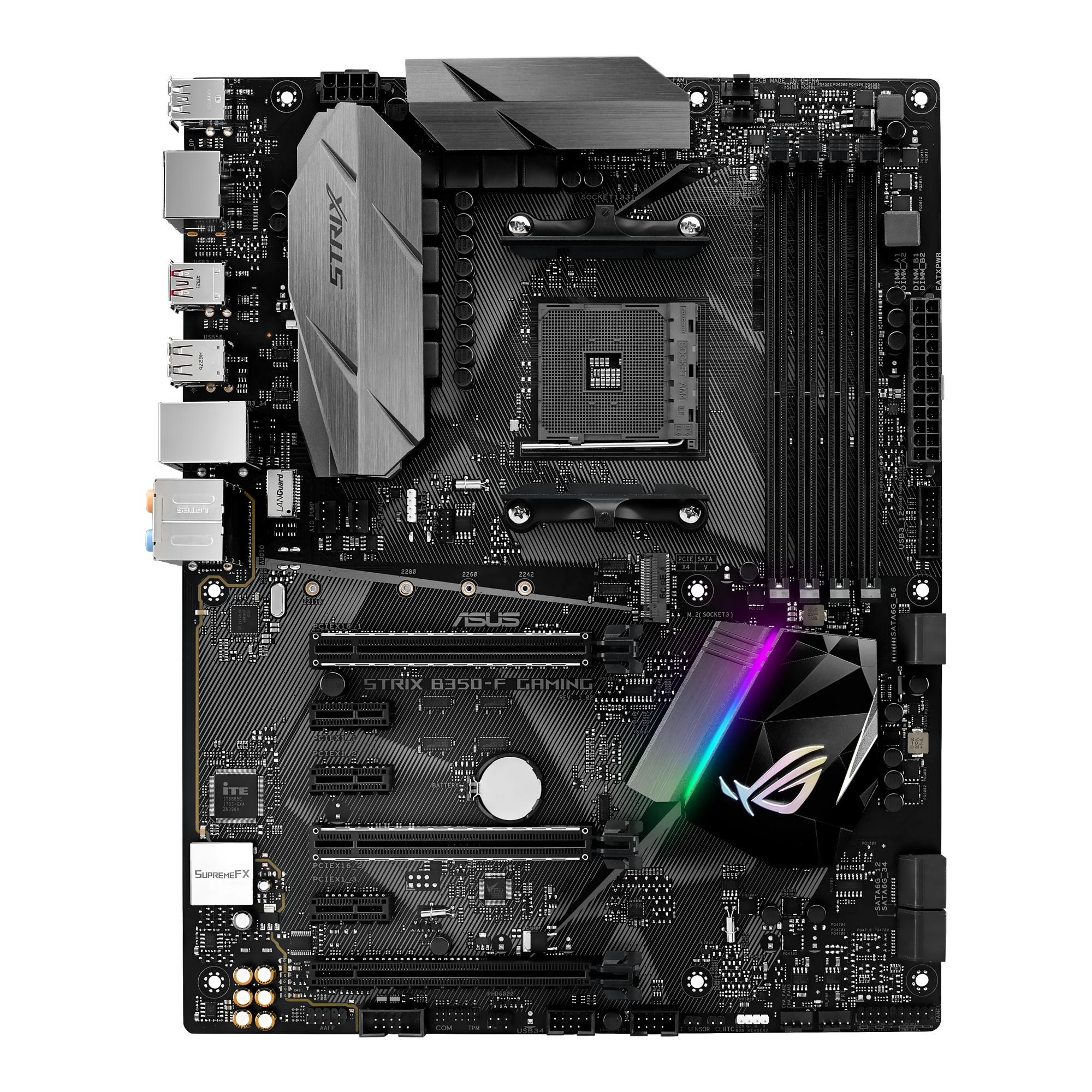Hello,

 rog.asus.com
https://www.corsair.com/uk/en/Categ...bR--235xyIWRSQ1ZWxpSpyUkBXmc3jTT7fXM0&irgwc=1
rog.asus.com
https://www.corsair.com/uk/en/Categ...bR--235xyIWRSQ1ZWxpSpyUkBXmc3jTT7fXM0&irgwc=1
AMD Ryzen 5 3600
My memory is listed on motherboard QVL
But DOCP can not run stable at 3000Mhz,
Always got error on Memtest86 ( Test 7 [Moving inversions, 32 bit pattern )
I had to lower the speed to 2866Mhz to make it passes all test
How to make it run stable at 3000?
Thanks
ROG STRIX B350-F GAMING | Motherboards | ROG Global
AMD Ryzen 5 3600
My memory is listed on motherboard QVL
But DOCP can not run stable at 3000Mhz,
Always got error on Memtest86 ( Test 7 [Moving inversions, 32 bit pattern )
I had to lower the speed to 2866Mhz to make it passes all test
How to make it run stable at 3000?
Thanks





